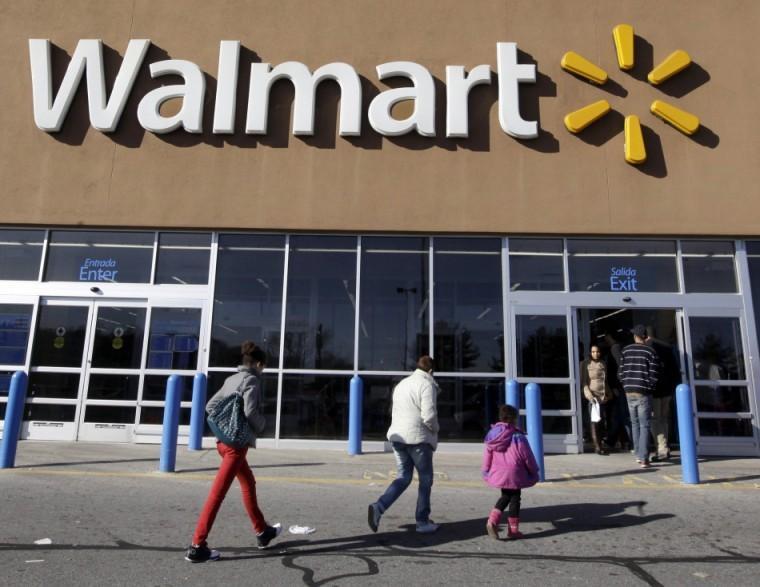Our friendly neighborhood Walmart is looking to expand and conquer next fiscal year.
While this may sound like a typical business action, there is something fishy going on here.
The company is obviously profitable, with its stock hitting an all-time high October 10. But the question remains: Since they are doing so well, what does this expansion entail?
Answer: 125 more supercenters and approximately 100 small format stores.
Even though the supercenters are large and intimidating, they are not what local businesses need to worry about.
The small format stores, also known as the Neighborhood Market stores, are capable of popping up in existing shopping centers in place of owner-operated establishments.
Unknown to many, Walmart also has experimental Express stores, but we shouldn’t worry about those pests for a while.
Neighborhood Markets offer perishable food, household supplies and beauty aids, as well as a pharmacy. Sounds eerily familiar to local stores.
Even though these smaller stores are cheaper to build and generate revenue faster than the supercenters, they lack a few key product sections: clothes, housewares and electronics.
It’s strange that Walmart is trying to downsize after becoming the oversized big-box superstore it aimed to be originally.
Did they recently realize that people actually dread going to their stores because of their enormous size and lengthy checkout lines?
Sure, it is wonderful that Walmart is trying to become more accessible and less of a hassle for those who can only afford their prices, but it may be too late for this effort to seem benevolent.
Now that dollar stores are becoming more popular and in demand, Walmart probably saw new, uncharted territory to take over. With another market created, it is no surprise Walmart jumped in to dominate.
Opening up job opportunities in our slacking economy is a wonderful outcome from this endeavor, so kudos to Walmart for that aspect, but that is not likely the motive.
Along with this increased expansion, Walmart is testing out its same-day delivery option.
Since Amazon was kicked out of its stores last month after discontinuing Kindle tablets and e-readers, Walmart is looking to compete with Amazon on a new platform, thus birthing same-day delivery.
It is a competition among retailers to master the art of same-day delivery while weighing the costs and benefits of such a service.
Walmart also wants to expand its variety and inventory on key items, like tablets, for the holiday shopping season. The only problem is neighborhood stores do not carry electronics.
This clarifies the company’s true motives: to take over as many corporate markets as possible.
Do we ignore that Walmart likes to move in and make local businesses beg for mercy? Or do we support local businesses in spite of this malicious corporate being?
Let’s hope for the latter.
There are plenty of local stores to support, such as Calandro’s, instead of giving your money to corporate America. Calandro’s has been around since World War II and offers an excellent selection of wine, quality meats and fresh baked goods.
Even stores like Winn-Dixie, though only local to the South, are a better alternative to Walmart. Fresher produce, more refined selection of groceries and a rewards card are a few things Walmart lacks compared to our Southern grocer.
Walmart’s expansion presents ups and downs, but it depends on the into which demographic you fall.
If you can only afford one trip a week to the grocery, Walmart may be the best option. On the other hand, if you don’t care about the number of trips to the grocery or how much you spend, a local business is better.
Seeing through the motives of a large corporation like Walmart only benefits the consumer.
Next time you need milk, consider the little man rather than big business.





